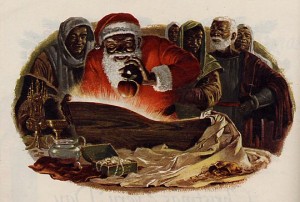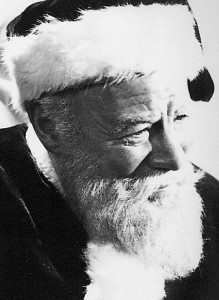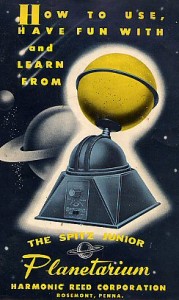Listen to Jim: http://www.jimreedbooks.com/mp3/todayisthedaybeforethefirstday.mp3
or read on…
My dreams are getting better all the time.
Here are some clips:
First dream: I’m standing on the corner of a downtown city street on New Year’s Eve, hawking a stack of calendars. The sign around my neck reads, “Last chance to purchase your 2012 calendar. Get ‘em while they last!”
This dream is almost as sad as the end-stage career of a Mayan calendar salesman.
Another dream: A city meter maid walks up to me while I’m fumbling for change to insert into a dysfunctional parking meter. “Here, let me cover that,” she says, handing me a quarter. “Merry Christmas!” she says, quite jovially.
My dreams often have science-fiction plots like this.
Yet another dream: Scarlett Johansson calls me to express her despair. She’s just learned I’m already taken and won’t be eligible to marry her.
This actually happened. In my dreams.
More better dream: I’m reading a new mystery novel and notice that I am an actual character in the book. No kidding! I’m in the book!
Actually, I cheated. This isn’t a dream—it really occurred. Read Liza Elliott’s thriller,
30-A Supper Club (Red Camel Press, 2012). She warned me I’d be in her novel, but I assumed she was kidding. I am now what I always imagined I’d be: A fictitious character!
So, sometimes dreams come true. Except the Scarlett Johansson ones.
One more dream: The world ends on Friday. Poof! However, I’m not worried because I know what most sentient beings know—the world ends each and every day, then begins again. Over and over. I’m happy about this, since I realize that Saturday will be the beginning of everything, as will Sunday and Monday ad infinitum.
My dream teaches me that if I blow everything today, there’s always tomorrow. And if I keep my wits about me, I should be able to make each day better than the day before.
Beginnings and endings—and how I treat them—offer me renewed hope, fresh ways to comfort those around me who flail about and fail to see the Possibilities. Sometimes all I know to do is sell you an old nostalgic book. Sometimes all I know to do is make you laugh for a spell, to distract you from your travails.
Sometimes all I know to do is write a note like this, hoping you’ll be inspired to write your own note. It’s important to place those notes into bottles and cast them adrift to cheer somebody somewhere.
Note: prior to placing note in bottle, look into the neck and hold it up to the light. Wonders may appear. Then, place your ear next to the neck and listen. Really listen. There—you’re already on your way to making the beginning of the world just a little bit different, maybe a little bit fun
(c) 2012 A.D. by Jim Reed




